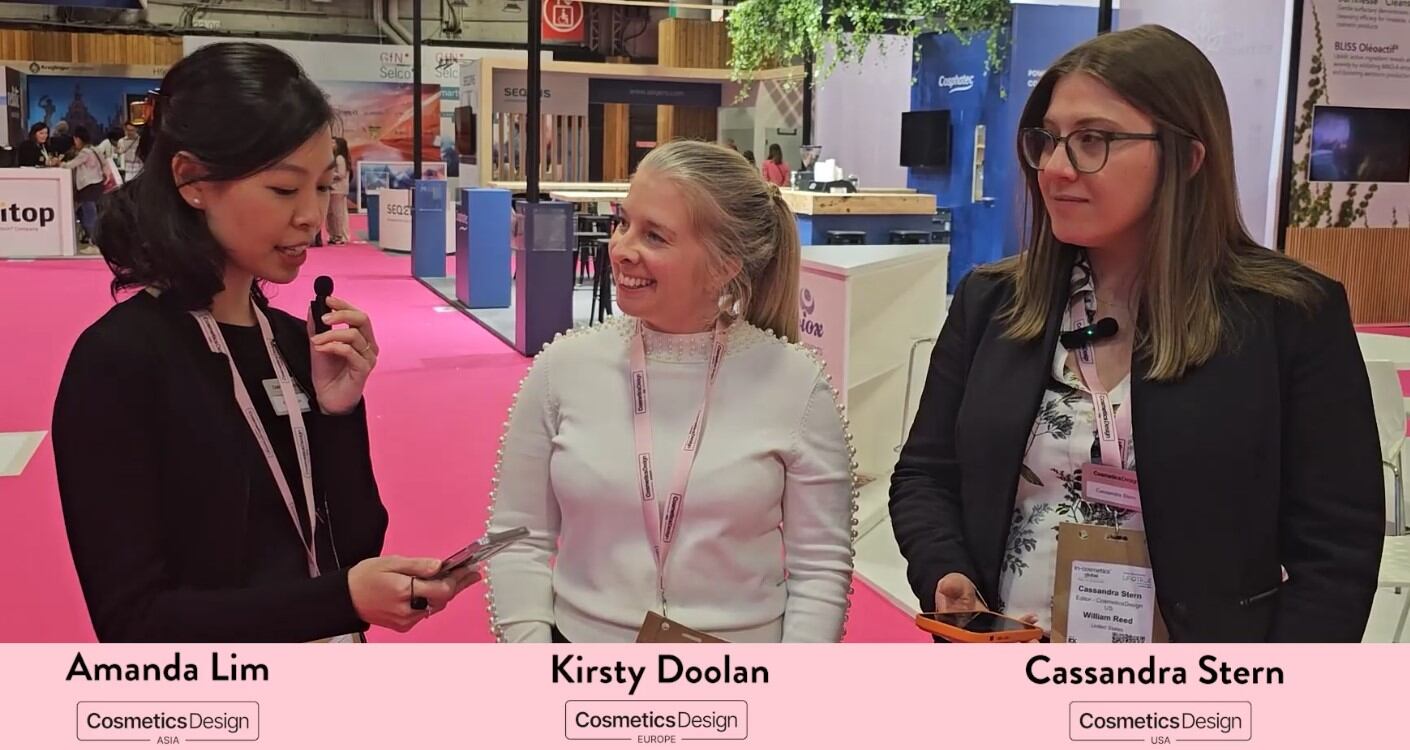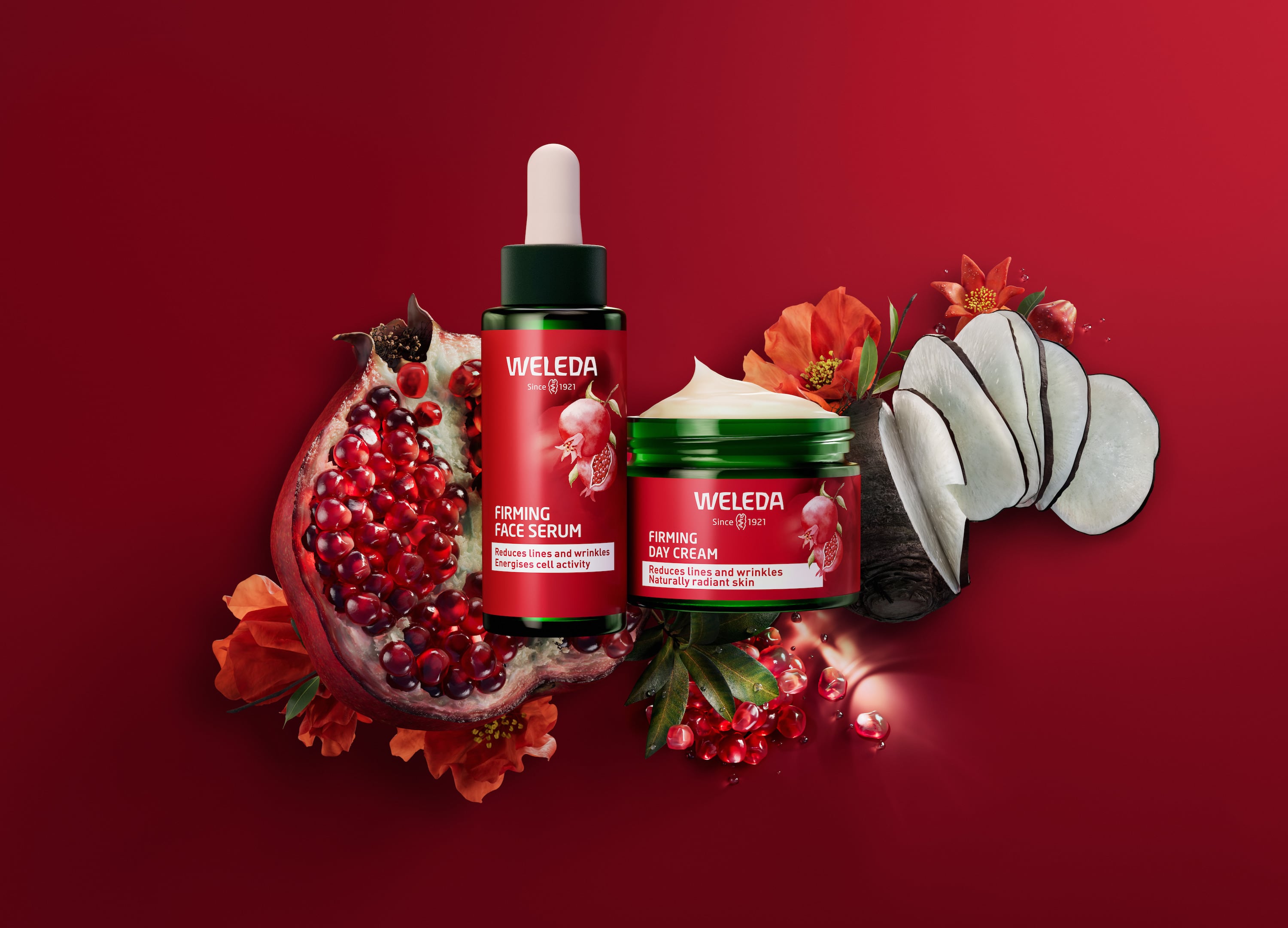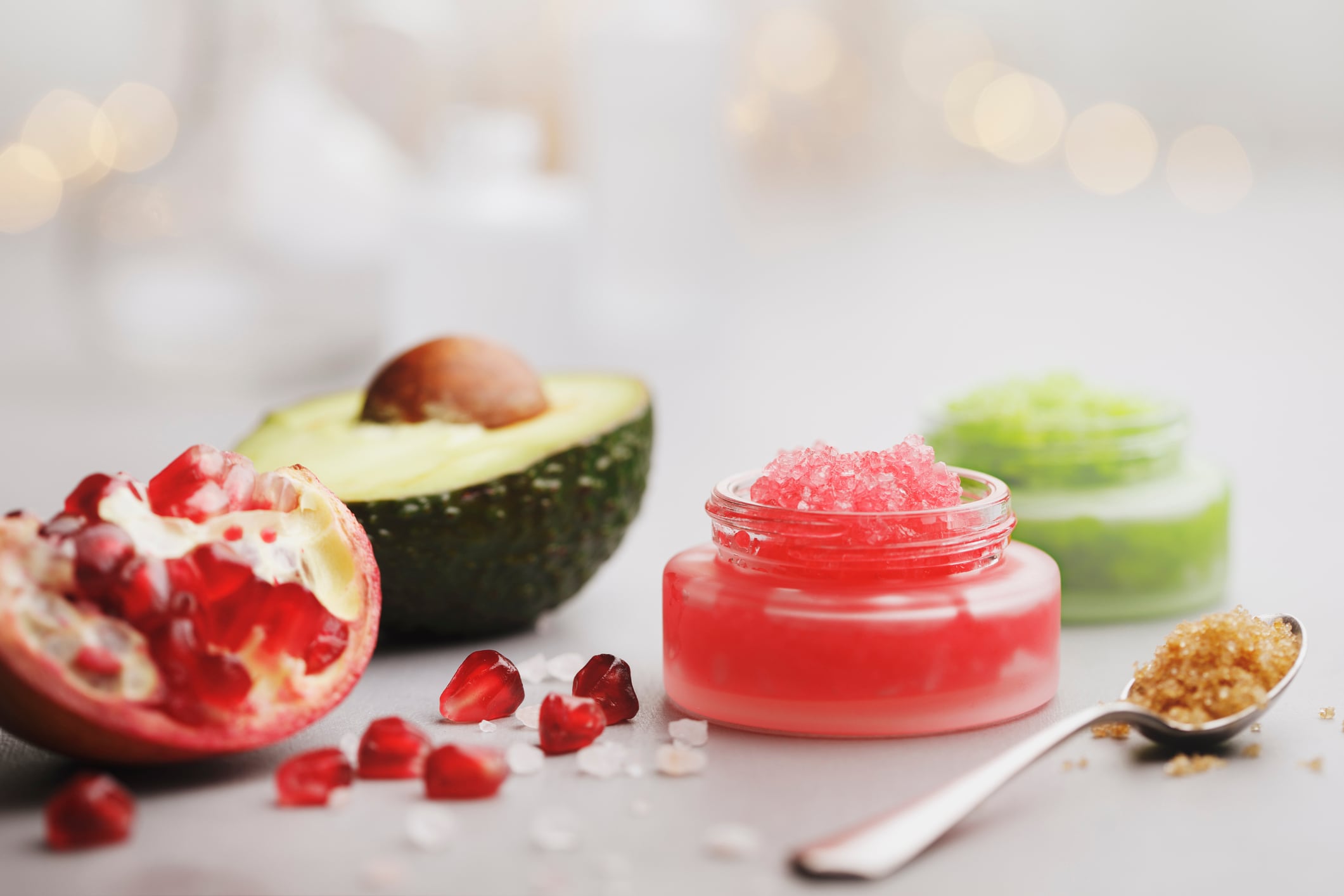Scientists at Beiersdorf – the parent company behind skin care brands such as NIVEA, Eucerin and la Prairie – have identified a new active ingredient, GLYCOSTOP, which can target the skin’s ‘glycation’ process and therefore combat skin ageing and wrinkle formation caused by excessive dietary sugar intake.
The German business has highlighted that numerous scientific studies have shown that high sugar consumption is associated with health conditions such as type 2 diabetes, high blood pressure, as well as cardiovascular and autoimmune diseases. However, it said that it is still “largely unknown that sugar also has a negative impact on our skin and can cause wrinkles.”
A naturally occurring but irreversible chemical reaction
Beiersdorf explained that glycation is “a naturally occurring but irreversible chemical reaction that occurs when sugar molecules bind to proteins or lipids.”
According to the business: “This leads to the formation of advanced glycation end-products (AGEs). The longer a protein lives in the skin, the more AGEs it can accumulate, which in turn can lead to inflammation and free radicals.”
Put simply, Beiersdorf said that sugar weakens the skin’s collagen and elastin fibres, causing them to lose elasticity and resilience. And along with UV radiation, this process can give skin a yellow hue and is a major cause of wrinkles.
Corporate senior VP for R&D, Dr Gitta Neufang, highlighted that this wasn’t the first time Beiersdorf’s R&D team had been pioneers in skin ageing research – noting the company’s work on Q10 and “finally making the skin’s own Q10 available as an active ingredient for the first time.”
She continued: “After launching the first Q10 skin care products on the mass market under the NIVEA brand more than 25 years ago, we are now taking another decisive step in the anti-ageing segment with our new anti-glycation ingredient.”
“We’ve spent around 10 years intensively researching glycation in the skin and searching for an effective active ingredient.”
"Many substances intercept the sugar before it can react"
Beiersdorf’s laboratory manager in the biological testing department, Dr Julia Weise, shared that the team had tested around 1,700 active ingredients before finding GLYCOSTOP.
“Many substances intercept the sugar before it can react; they sacrifice themselves and become saccharified and this effect has to be avoided,” she explained.
“Ultimately, there was a clear “winning ingredient” called NAHP, which stands for N-Acetyl-L-hydroxyproline,” she continued.
“NAHP prevents the glycation reaction from taking place in the first place and prevents the formation of AGEs at a higher rate – by up to 68%. Sugar molecules are neutralised before they can bind to proteins and weaken collagen fibres, for example. This is why we have given our active ingredient NAHP the second name ‘GLYCOSTOP’.”
Beiersdorf said it had patented the use of this new ingredient in cosmetic products and has published several scientific papers on the subject.
The first use of GLYCOSTOP is in NIVEA’s new Q10 Dual Action Serum, which will be available to buy in April 2024.
The new product combines GLYCOSTOP with hero anti-wrinkle active ingredient Q10 to “prevent skin ageing by effectively blocking the glycation of connective tissue proteins such as collagen.”
“By raising the Q10 content in the skin, it can provide more energy and is better protected against free radicals. The new serum works from day one and is clinically proven to visibly reduce even the deepest wrinkles within two weeks,” said the business.
The new product is also free from silicones, mineral oils, and non-biodegradable polymers, and packaged in recycled and recyclable glass with a glass pipette.





